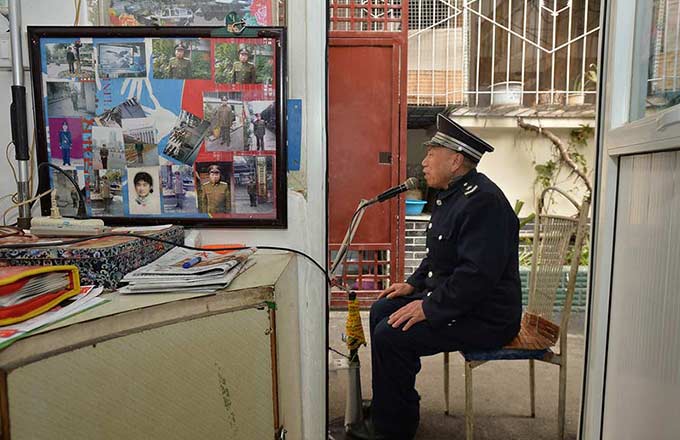Sweet burden: high-cost weddings bolster poverty in rural China
The 12th month of the lunar calendar is peak season for weddings in rural China, which is sure to cause financial stress for many families. An investigation shows that the increasing price tag of rural weddings has cost many parents their life savings, or even led them to rack up huge debt to help their sons tie the knot. In fact, this "wedding-driven poverty" is not a new phenomenon, Xinhua reported on Jan 23.
As people in rural area become wealthier, more and more brides demand cars, houses and other major assets from their husbands-to-be. According to 76-year-old Tao Yuanfeng, a former village official in Shandong province, most families go into debt to throw weddings. Some remain in debt for nearly a decade.
An investigation in Shandong revealed one rural family that spent more than 200,000 RMB on a wedding, equal to almost five years' net income of the four-member family. Additionally, grooms often borrow significant sums of money from friends and relatives.
Another issue is that many people cannot bear the expense of gift-giving. It's a tradition for Chinese people to offer money as gifts at weddings, funerals and other important events.
"My annual net income is about 15,000 RMB, but the gift money consumes more than 10,000 RMB," said Tao.
Zhou Xiaozheng, a sociologist and former professor at the School of Sociology and Population Studies of Renmin University of China, pointed out that the high cost of weddings highlights the imbalanced gender ratio in rural areas. A shortage of women has led to the rise of women's status in the marriage market. The hope of some poor people to raise their circumstances through betrothal gifts is also quite evident.
Wang Zhongwu, a professor at the School of Philosophy and Social Development at Shandong University, noted that expensive weddings and showy funerals in rural areas are more than just an unhealthy social ethos; they also affect social stability and prevent villagers from becoming wealthy.
A survey carried out by the city of Linyi in Shandong province indicates that most people are actually reluctant to spend large sums of money on weddings. They throw large parties only because they don't want other villagers to look down on them. Indeed, 79.7 percent of villagers believe it is necessary to change customs surrounding weddings and funerals, 81.5 percent are willing to start this change from themselves and their own families as long as the government also helps, and 10.5 percent say the government has not previously done a satisfactory job addressing the problem.
In 2016, China listed Shandong as one of two pilot provinces to host programs aimed at changing customs and habits in rural areas. Most villages in Shandong have already set up committees for this purpose.
Expectations for betrothal gifts should be based on public opinion, suggested Wang. The local government should advocate a new way of planning weddings that includes simple engagements, more modest betrothal gifts and less peer pressure between neighbors.





















